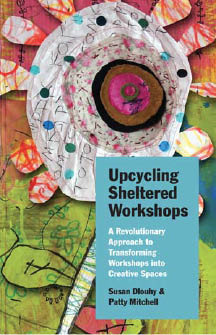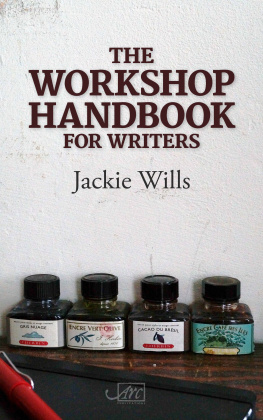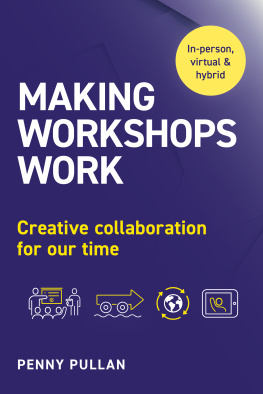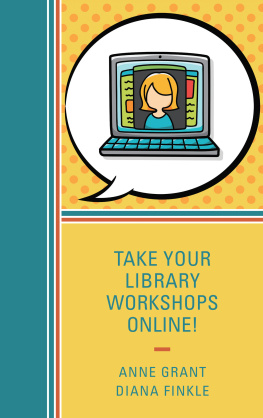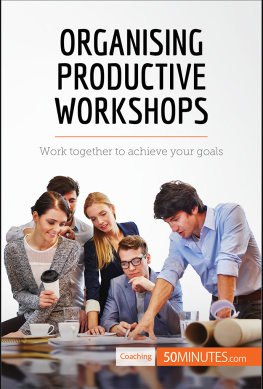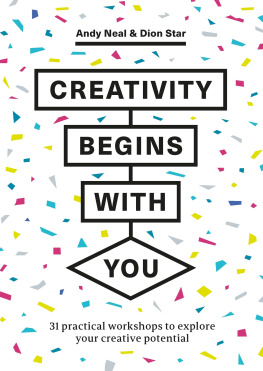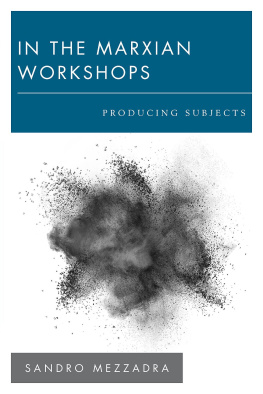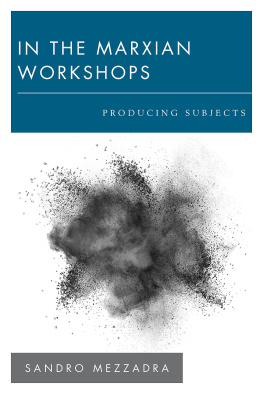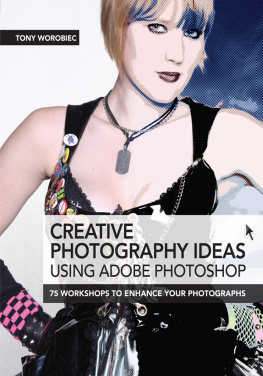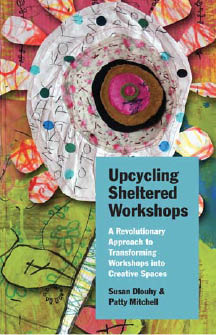
Upcycling
Sheltered
Workshops
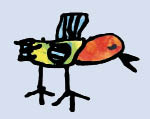
Upcycling
Sheltered
Workshops
A Revolutionary Approach for Transforming Workshops
into Creative Spaces
Susan Dlouhy and Patty Mitchell
Foreword by Lynn M. Harter
Swallow Press
Ohio University Press
Athens
Swallow Press
An imprint of Ohio University Press, Athens, Ohio 45701
ohioswallow.com
2015 by Ohio University Press
All rights reserved
To obtain permission to quote, reprint, or otherwise reproduce or distribute material from Swallow Press / Ohio University Press publications, please contact our rights and permissions department at (740) 593-1154 or (740) 593-4536 (fax).
Printed in the United States of America
Swallow Press / Ohio University Press books
are printed on acid-free paper
25 24 23 22 21 20 19 18 17 16 15 5 4 3 2 1
Library of Congress Cataloging-in-Publication Data
Dlouhy, Susan, author.
Upcycling sheltered workshops : a revolutionary approach for transforming workshops into creative spaces / Susan Dlouhy and Patty Mitchell ; foreword by Lynn M. Harter.
p. ; cm.
ISBN 978-0-8040-1159-4 (pb : alk. paper) ISBN 978-0-8040-4063-1 (pdf)
I. Mitchell, Patty, 1965 May 2 , author. II. Title.
[DNLM: 1. Sheltered WorkshopsUnited States. 2. CreativityUnited States. 3. Developmental DisabilitiesrehabilitationUnited States. 4. Intellectual DisabilityrehabilitationUnited States. 5. Models, EducationalUnited States. WM 29 AA1]
HV1553
362.4'04848dc23
2014044058
Dedicated to our many friends with challenges, who have shown us that with the right support and encouragement they can do brilliant things and bring light and joy to their communities. You have created the evidence for this book and encouraged others to imagine and make a richer environment for the human spirit to soar.

Upcycling: Rethinking or reworking something to make it better than the original
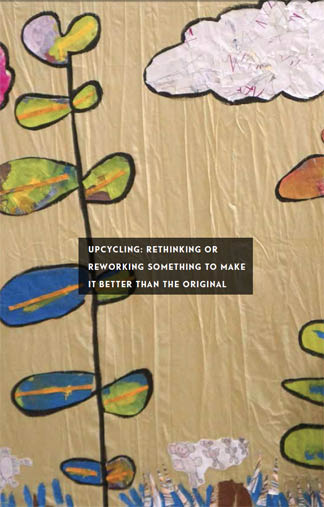
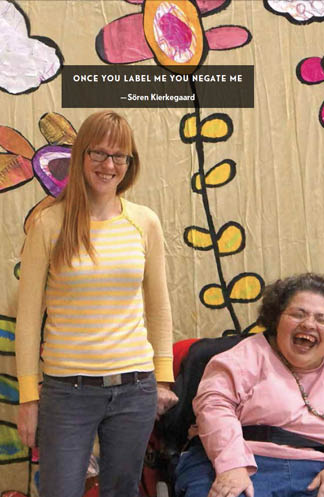
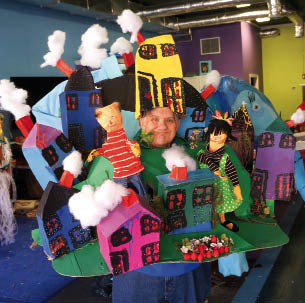
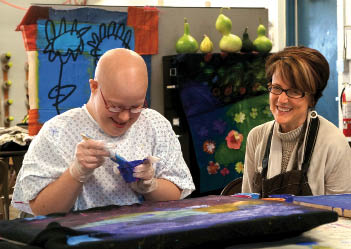
Elizabeth and Dr. Lynn Harter working in the Up and Beyond Art Studio, Highland County, Ohio.
( Up and Beyond art Studio, Hillsboro, Ohio )
Foreword
Sheltered workshops across the United States offer vocational and rehabilitative services for individuals with intellectual and developmental disabilities. These workshops are populated with well-intentioned staff, individuals who coordinate resources, including employment opportunities, for the people they serve. Production specialists organize facility-based employment, while other staff members arrange integrated, community-based employment. Over the past ten years, however, prospects for facility-based work have declined, and the supply of integrated employment opportunities has not kept pace with demand. In short, the system is broken. Policy makers and citizens alike must confront a pressing societal dilemma: the need to create expressive and vocational opportunities for people with intellectual and developmental disabilities. In this volume, Susan Dlouhy and Patty Mitchell offer a revolutionary and compelling solution to the sheltered workshop problemthe Creative Abundance Model.
Dlouhy and Mitchell begin with an appreciative stance toward people, organizations, and communities. Despite frequent and earnest discussions of putting the principles of self-determination and thinking ability first, the provision of services in sheltered work shops continues to be organized around peoples limitations. Deficit - oriented models focus on shortcomings and envision resources as scarce. As a result, program design can limit people by inadvertently positioning them as bundles of pathologies or problems to be fixed. The Creative Abundance Model shifts the focus to peoples interests and capacities. Dlouhy and Mitchell recognize and accept fallibility and vulnerability as part of the human condition; however, they position peoples gifts as more powerful than their deficiencies or needs.
The Creative Abundance Model envisions workshops as spaces for creative activity. An artistic mindset is central to helping staff members break away from preconceived ways of seeing things. Rather than correcting or curing perceived imperfections, staff members help individuals identify and explore their interests. Starting from an appreciative standpoint, staff members provide resources and support for individuals to develop previously untapped gifts. Whether the staff elevates a table to accommodate wheelchairs, engages in conversations about the medium artists would like to work with, stirs paints, or cleans brushes, they do so with the intent of helping others follow their creative impulses and express themselves.
Participating artists are intrinsically rewarded by opportunities for self-expression. Just as important, though, is that artful practices provide a scaffold for achieving other goals, such as paid laborand there is great dignity in being paid for ones artwork. Drawing on years of experience, Dlouhy and Mitchell illustrate how workshops can embrace art as both creation (that is, process) and vocation (that is, product). In studios, products spring from artful expressions that gain consumers attentionsculptures, drawings, images, patterns, and collages. As products enter the marketplace, artists receive monetary compensation for their creativity. In sum, as illustrated throughout this volume, art represents a mechanism for both expression and employment. As such, art allows participants to become more fully integrated in community life.
I am optimistic that this book will help readers revolutionize how workshops serve their constituents. No project is ever complete or final. Even so, the Creative Abundance Model is a starting point for fostering progressive change. Dlouhy and Mitchell offer a set of pract ices worthy of modeling, and they encourage readers to imagine a future beyond the familiar. Envisioning alternative possibilities is the first step in shaping a more fulfilling social order.
Lynn M. Harter
Barbara Geralds Schoonover Professor of Health Communication, Scripps College of Communication
Preface
People are people. People with cognitive challenges, however, are continually being labeled and relabeled. Everyone is weighing in: administrators, self-advocacy groups, family members, accreditation bodies, the federal government, and state agencies. Terms such as clients, consumers, employees, enrollees, individuals, individuals receiving services, people with perceived intellectual disabilities, and persons served all tend to separate us. Look up people in a thesaurus, and you will see an infinite list of possible labels, most of which we are using or have used in the past. Recently, other labels such as member and associate have surfaced. These terms would be fine if everyone in the building shared the same label. But they dont. The staff members have labels that define them as being somehow different: support specialist, workshop supervisor, program specialist, habilitation specialist, direct care worker, vocational trainer.
Next page
